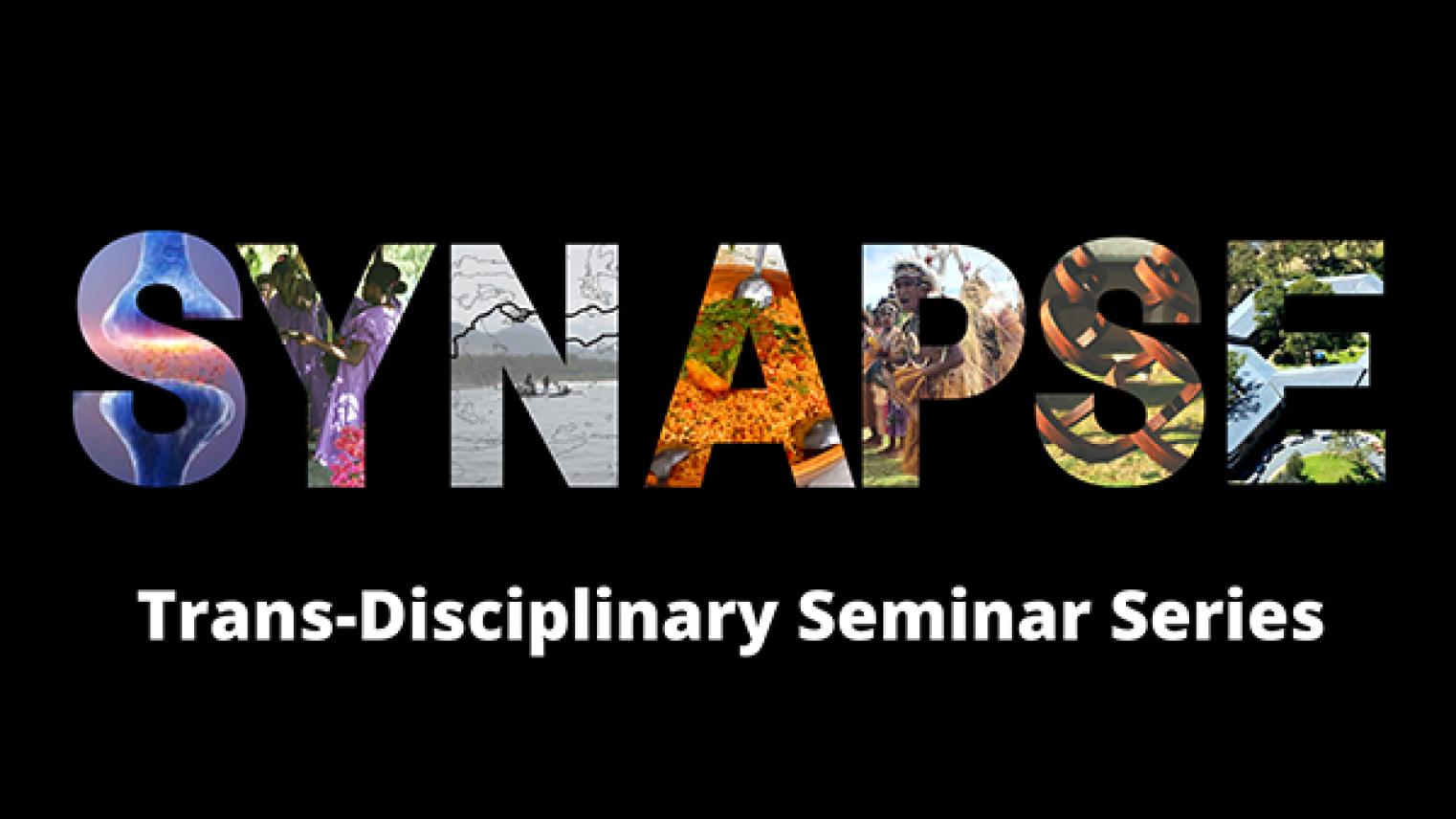Please note that this is a hybrid event and will be recorded
Abstract
Since the colonial period, the linguistic and cultural diversity of Solomon Islands has been figured through modernist European vision, where people groups are defined by single language, culture, and territory. In such a view, multilingualism and multiculturalism are phenomena manifest primarily in urban areas, where people of these micro-ethno-nations come together. Some contemporary social forces, namely ubiquitous and corrosive land disputes, seem to harden boundaries of kin-based and language-marked groupings. Other social forces, including urbanisation and schooling, appear to dissolve these boundaries, a process exemplified strong language shift to Solomon Islands Pijin across the country. In this talk, I examine new configurations of language and identity in the Kulu Language Institute, a language movement of Ranongga Island, founded and directed by Dr Alpheasu G Zobule. In its educational programs, Kulu focuses not only on literacy, but also on grammar. Initially aimed at enhancing the capability of people of Ranongga, Kulu has begun to welcome people from around the country, including those who lack fluency in Luqa, the language that is both object and medium of instruction. Rather than either hardening or dissolving ethnolinguistic boundaries, I want to suggest that the Kulu Institute is reaffirming a deep connection between land and language and cultivating a radical openness to foreign people, places, and languages.
About the speaker
Debra McDougall is a socio-cultural anthropologist with expertise on language, culture, religion, gender, and the anthropology of education. Over two decades, her ethnographic and historical work has explored dynamics of community making in Solomon Islands. Debra has published numerous book chapters and articles exploring the dynamics of Christian conversion in Solomon Islands. Since 2017, she has been doing collaborative research with the staff of the Kulu Language Institute of Ranongga. This remarkable grassroots initiative from classes in basic literacy into a thriving campus where thousands of students have studied the grammar of their own small languages. In addition to language education, Debra has worked with the Kulu Language Institute to share historical recordings in local languages and develop skills in language and cultural documentation. Debra is also currently working on the Livelihoods in Forest Ecosystem Recovery (LIFER) project, which aims to learn how to efficiently restore forests to meet critical needs of rural Solomon Islanders, accelerating and channelling forest development to support livelihoods.
